Culture Spotlight with Ian Kudzinowski: We Are Each an Integral Part of the Jigsaw Puzzle
The Culture Spotlight series illuminates what culture means to us as individuals so we can collectively create the culture that supports us all.
We've all been excluded and made to feel less-than. And, we've all had someone stick up for us and make us feel like we belong. We've all had opportunities to step out of our comfort zone and be an ally for people who need our support. Culture doesn't happen to us; we create culture.
In today's Culture Spotlight, Ian K. shares his thoughts on being bullied in grade school for being timid, intentionally reaching out as an adult to people who are timid, why it's important for senior leaders to share their stories, and working in a psychologically safe environment.
- - - - -
Please share an experience from your personal or professional life when you were excluded. How did that affect you?
I hated school. I was bulled for being short, skinny, and quiet – also known as an easy target for those who felt like taking out their anger, frustration, or own difficulties on someone smaller. Subsequently, I was often called gay in a derogatory way (even though at this stage in my life I was yet to even question my sexuality). I had a small group of friends and we were close, but I never felt comfortable at school, and I never felt that I had my own voice. I was shy and timid and often just tried my hardest to fly under the radar and to not be noticed. I was that kid who got picked last in gym and who often had to partner up with a teacher in a class group activity because I often wasn't in classes with my friends.
It wasn't until I left school and started to work that I found confidence, and people began treating me with respect. I began to develop my own personality and a sense of humor, and I became comfortable with who I was. Around this time, I noticed that others gravitated towards me more often. People wanted to get to know me, to be my friend and to hear my opinions on things, and to learn of my interests and talents. After so long of being the odd one out, I finally felt accepted.
No one should feel different, outcast, or like an odd piece of a jigsaw puzzle that doesn't fit.
I hated (and still do hate) the fact that my school years were so unhappy simply because a few others decided I was worth less than they were, and I didn't know how to feel comfortable enough to embrace my differences. Bullies looked at me as different because I wasn't as tall or as vocal or as muscular as they were. Looking back, I realize how much time and effort I wasted on feeling unhappy or scared when I should have just been enjoying being at school, and being a kid. I have two young nephews and a niece and I would hate to think that they ever end up feeling like I did when I was younger. I feel protective of them, and although I cannot change my experience during my childhood or how it made me feel, I hope I can help to deter the same things happening to them. Or at least if they do experience something similar, I can be there to help support them through it, offer advice, and do whatever I can to prevent them from going through the type of troubles I experienced.
Please share an experience when you were included, but noticed that someone else was left out. How did that affect you?
I recently joined a Meetup group to meet and get to know local people in the new city where I have relocated. I met a small group of people and we went for coffee one afternoon. It was a mix of personalities – a few people seemed quite extroverted, another person who was quite timid, and I suppose these days I am somewhere in between. After a while, I noticed that the timid person in the group was quiet and not engaging as much in conversation. I know what it's like when different personalities mix, and you can't always find a way to speak up or feel there's an opportunity to be heard, so I purposely made the effort to direct my attention to her. I started a separate conversation to help her feel more included and more at ease by telling a few jokes (most of which were at my own expense!). She responded warmly with a friendly smile, quick engagement, and a nice chat before we both jumped back into the larger conversation happening at the table. Suddenly it felt like everyone was comfortable.
What role does allyship play in creating a more inclusive culture at Symantec?
You need to lead by example. There is no point in any of us striving to make our company more inclusive if we are not following that mindset ourselves each and every day. We can talk the talk but we need to walk the walk and be actively taking steps to create the change we want. I enjoy seeing Amy CW, Symantec's CHRO, making time to share stories and attend events around diversity and actively using social media to display these messages. I'd love to see more of our business leaders using the same approach and cascading this down through their teams and encouraging the same.
There is no point in any of us striving to make our company more inclusive if we are not following that mindset ourselves each and every day.
What motivates you to work towards an inclusive culture at Symantec?
Mainly my own personal experiences (see my response to the first question). I also have a desire to work for a company that just 'gets it', a company where people feel safe, accepted, and part of the whole immediately after they join the team. No one should feel different, outcast, or like an odd piece of a jigsaw puzzle that doesn't fit.
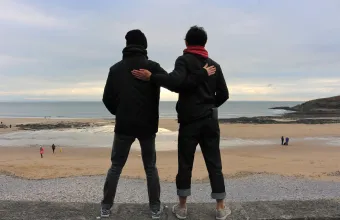
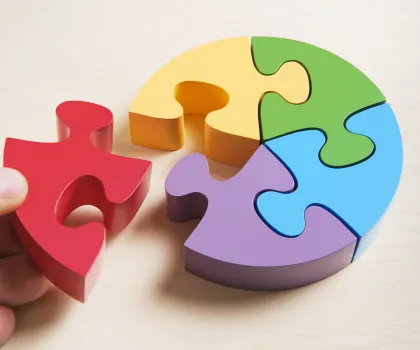



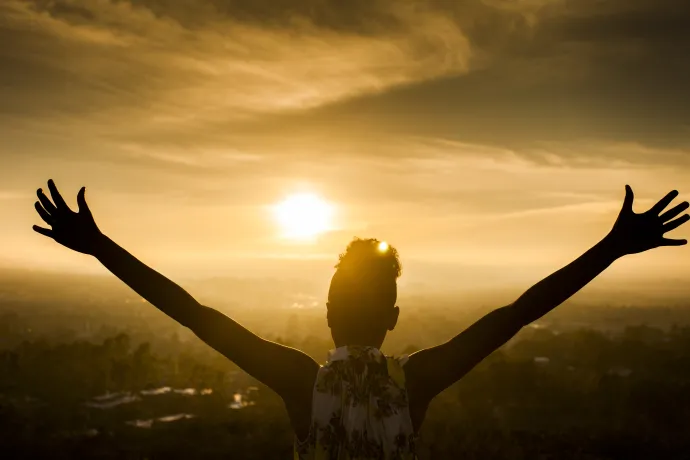
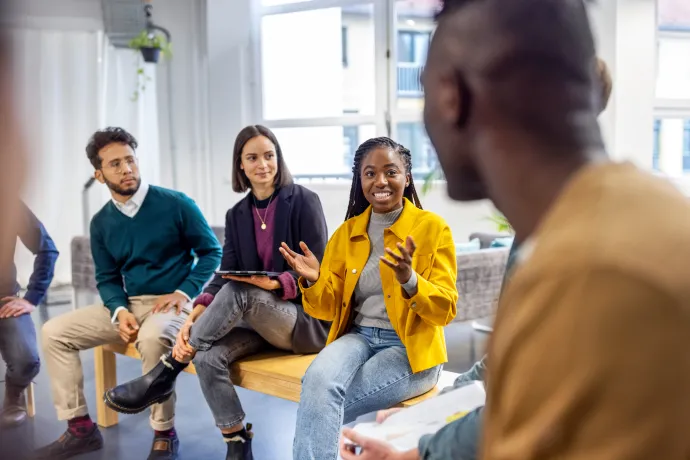
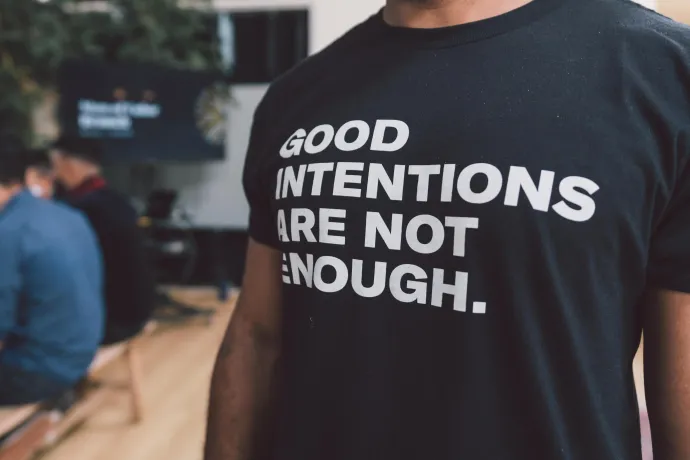
We encourage you to share your thoughts on your favorite social platform.